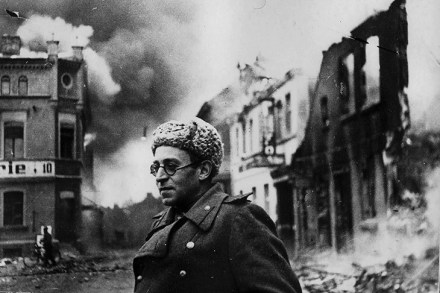Witness for the prosecution | 17 April 2019
Vasily Grossman’s novel Life and Fate (completed in 1960) has been hailed as a 20th-century War and Peace. It has been translated into most European languages and also into Chinese, Japanese, Korean, Turkish and Vietnamese. There have been stage productions, TV series and an eight-hour BBC radio dramatisation. And Grossman himself — like Leo Tolstoy,







